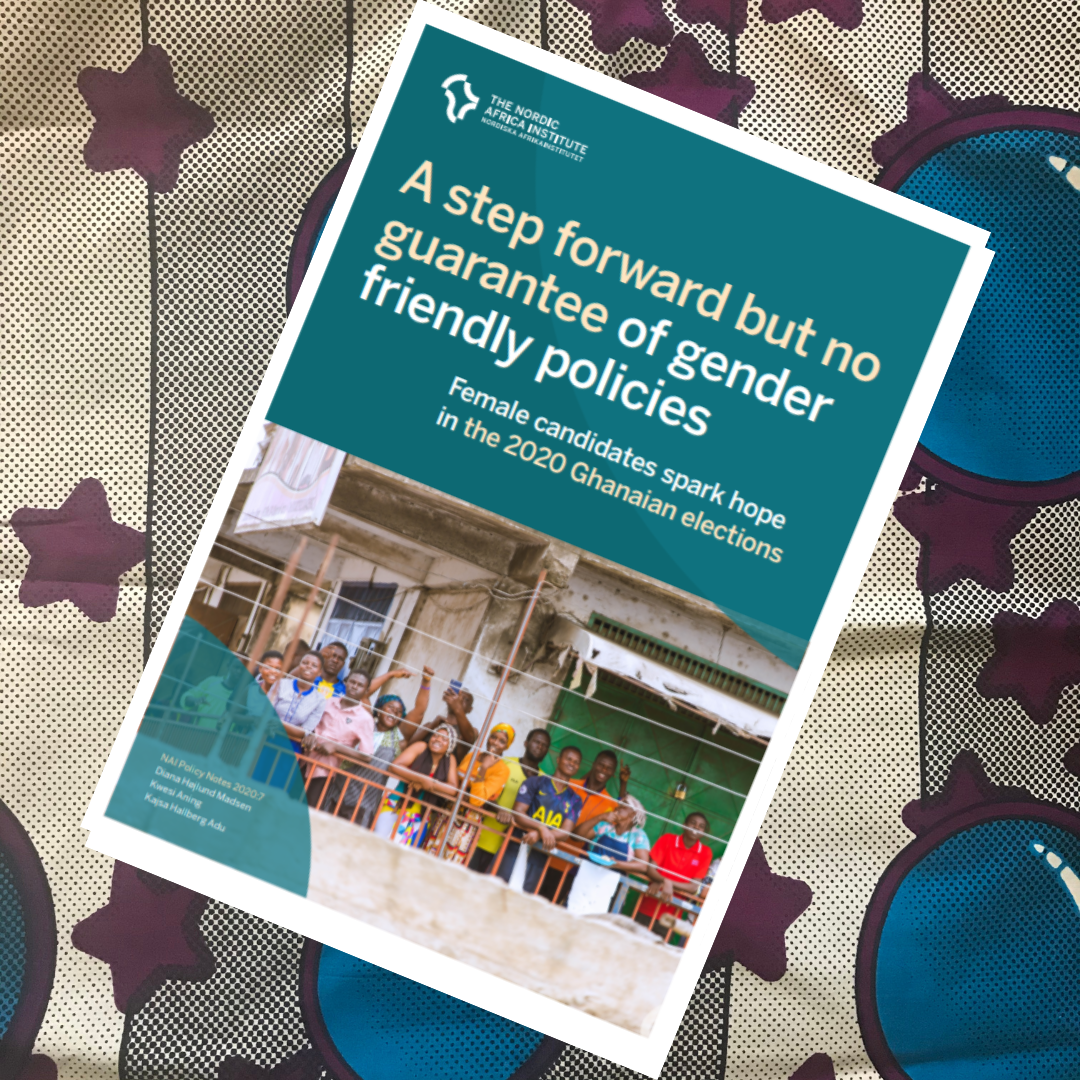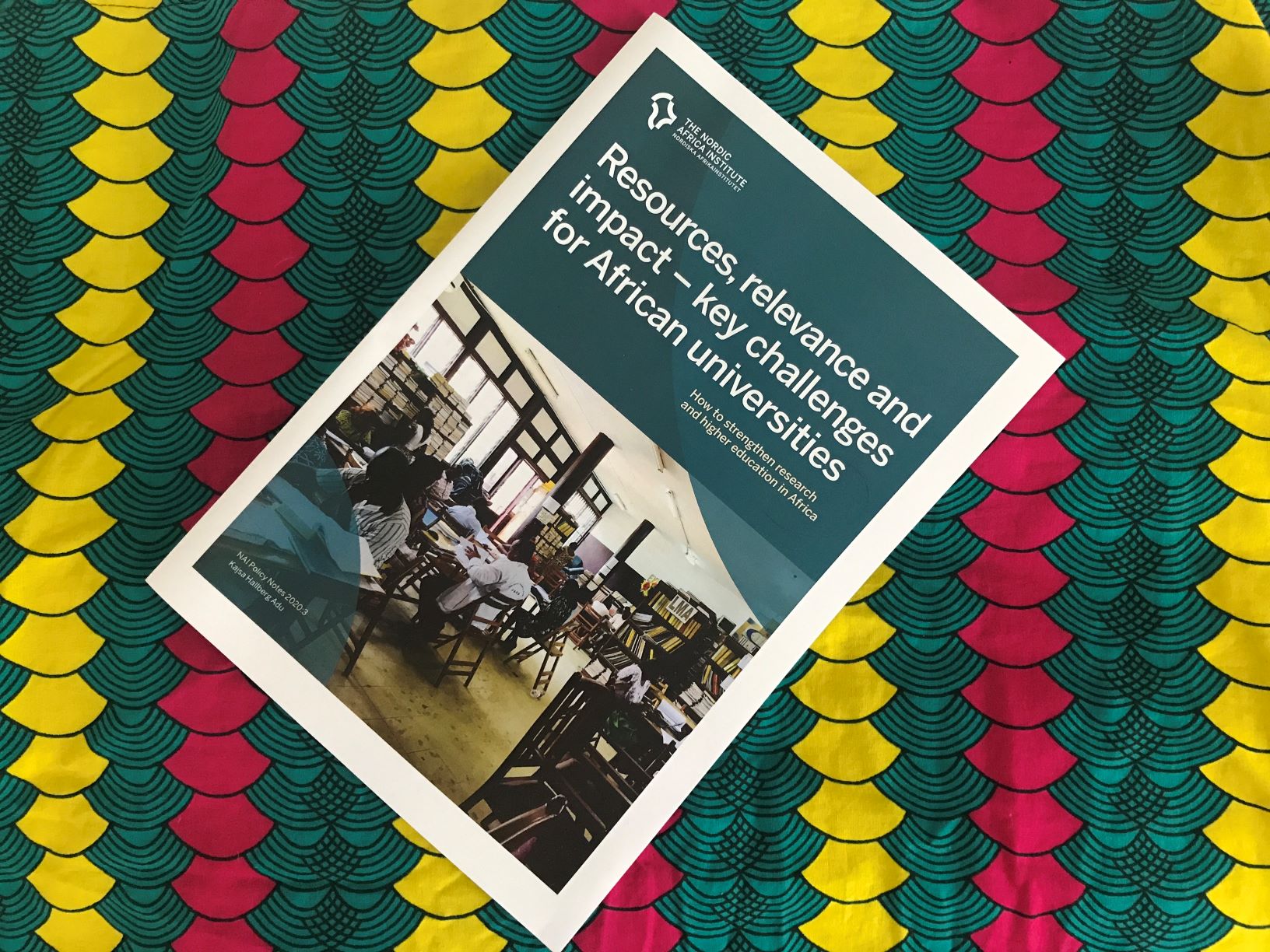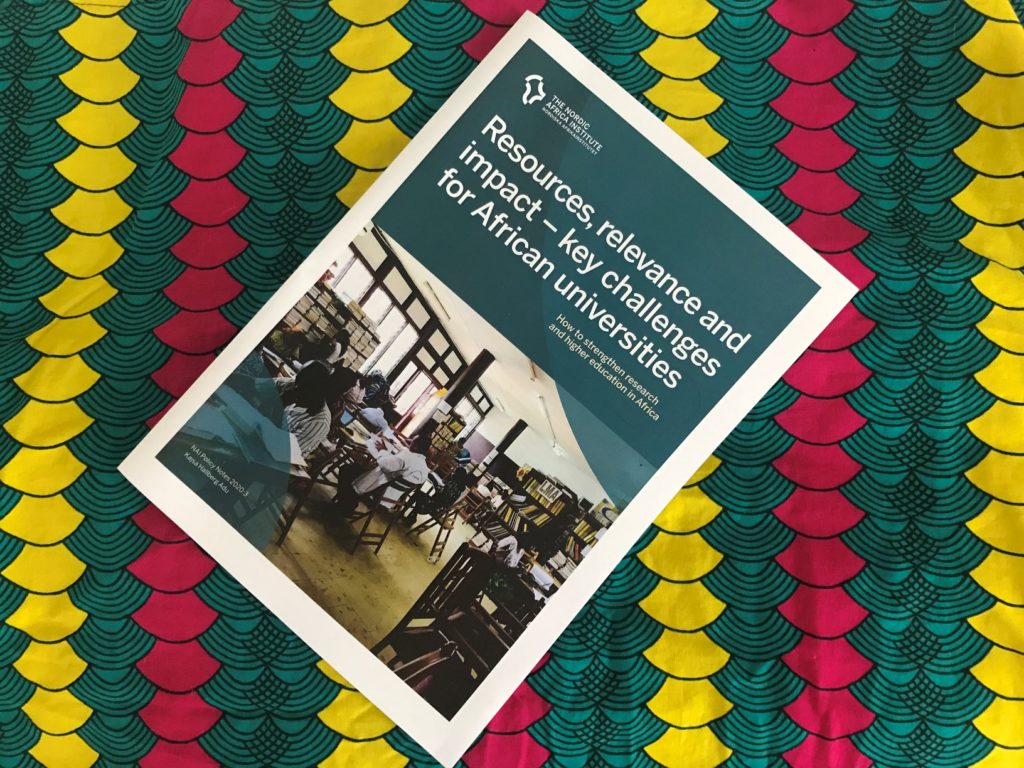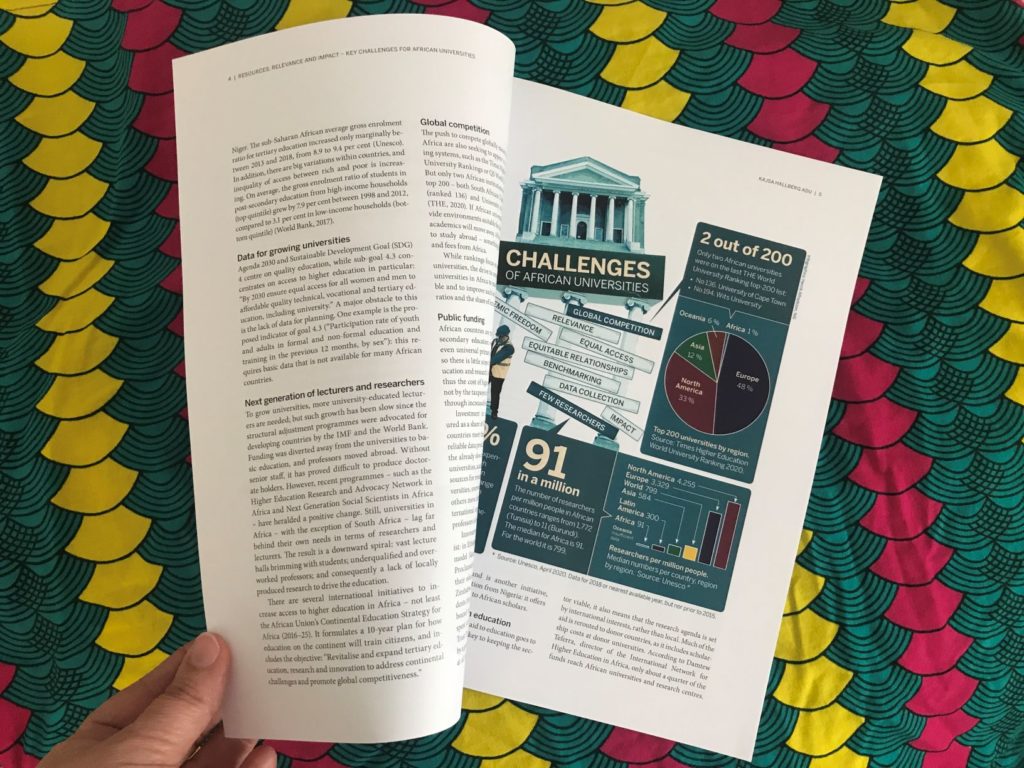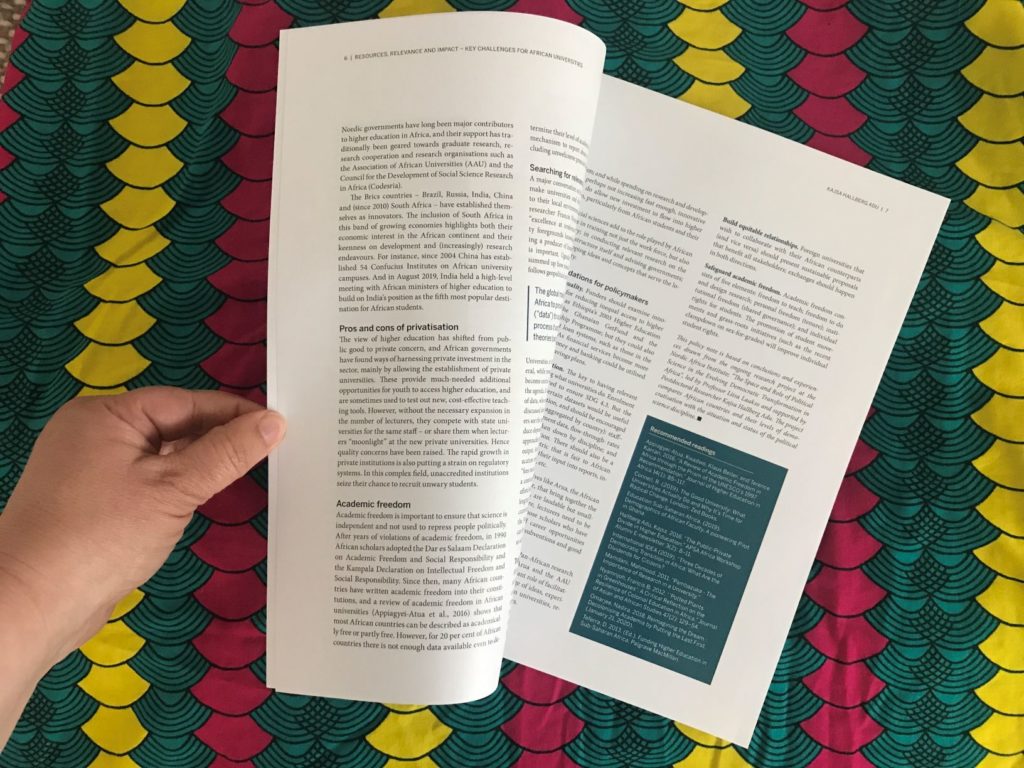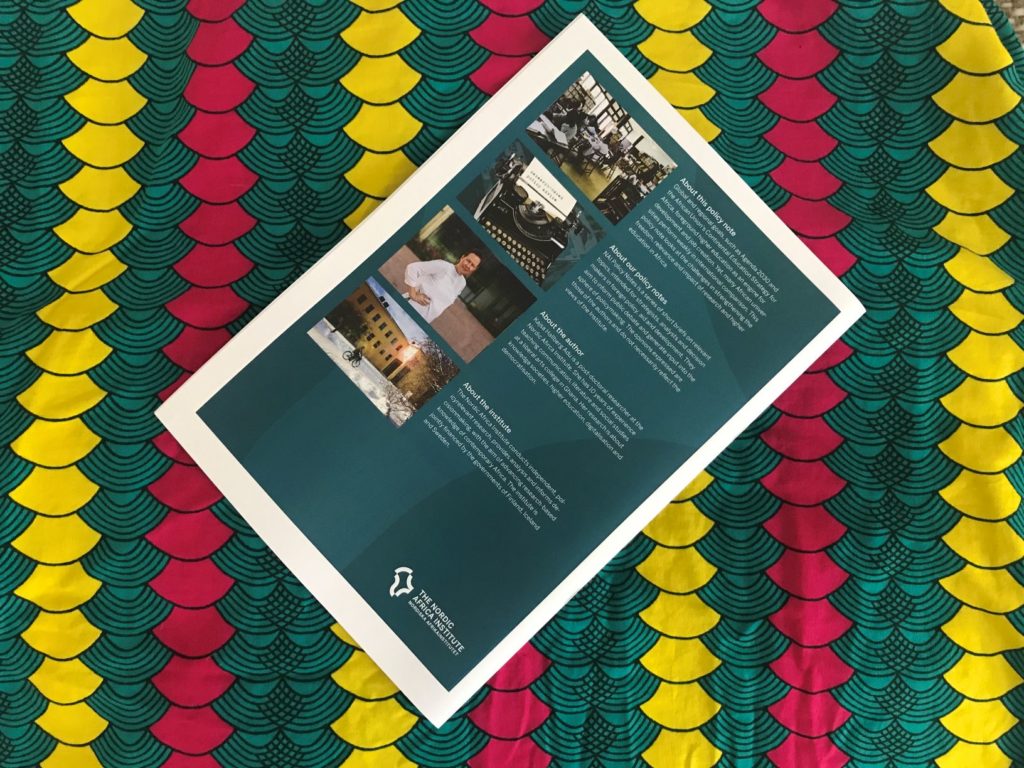Election season in Ghana is special to me. I have lived through the 2008, 2012, 2016 versions of it and gotten more and more involved in each election cycle. So for 2020, I decided to be a bit proactive! Together with a colleague at the Nordic Africa Institute with a soft spot for Ghanaian politics, Diana Højlund Madsen, we planned an event and a policy note around the gendered aspects of the 2020 Ghana Elections.
The event was held on November 9th and now with days to the election, the Policy Note is in! The text was written together with one of the panelists from the event, a real Ghanaian scholarly treasure, Prof Kwesi Aning of the Kofi Annan International Peacekeeping and Training Centre!

In the policy note, we write “In the upcoming Ghanaian elections, a woman has, for the first time, emerged as a vice-presidential candidate for one of the two major parties in the country. Her candidacy has sparked hopes of progress on gender equality, but has also triggered anti-feminist and misogynistic rhetoric.”
Thanks to all involved in making the event and the policy note possible.
Read it in full here in PDF, Issuu and here in an online version.

